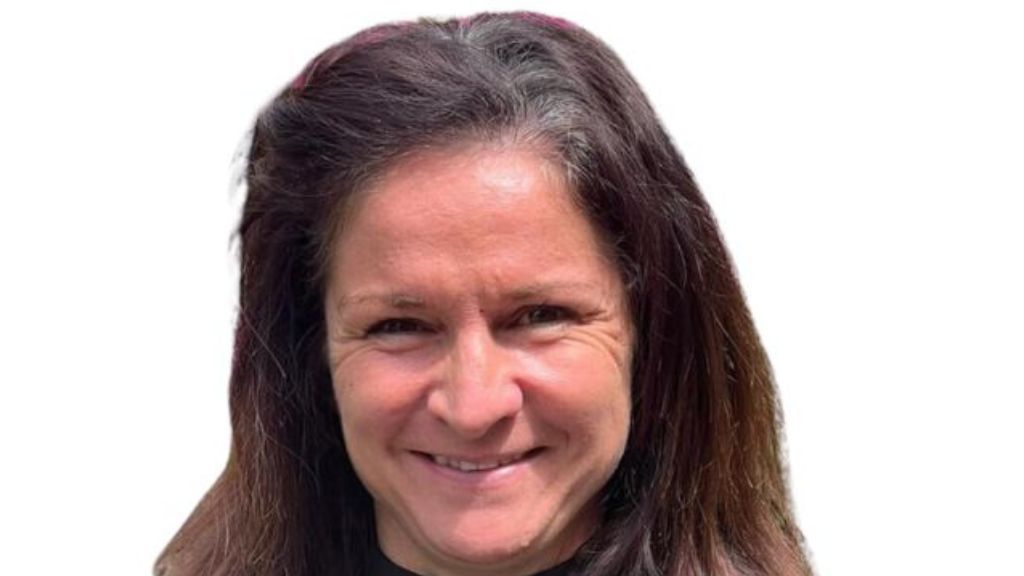Court of Appeal tells care providers that ‘sleep-in’ shifts are not subject to the National Minimum Wage
[vc_row][vc_column][vc_column_text]Last week, the Court of Appeal delivered specialist care providers a life line, saying that they do not have to pay staff the National Minimum Wage when working ‘sleep-in’ shifts.
The decision lifts an estimated £400m burden from care providers that would have pushed many into insolvency.[/vc_column_text][/vc_column][/vc_row][vc_row equal_height=”yes” css=”.vc_custom_1533811398978{padding-bottom: 20px !important;}”][vc_column width=”1/2″][vc_single_image image=”374″ img_size=”full” alignment=”center” css=”.vc_custom_1533813125128{padding-bottom: 20px !important;}”][/vc_column][vc_column width=”1/2″][vc_column_text]James Sage, head of the social care team at Royds Withy King who specialise in advising care providers in England and Wales, said the court’s decision reversed an earlier decision of the Employment Appeal Tribunal that found that sleep-in shifts in a care setting were working time for the purposes of national minimum wage laws.
“It is very welcome news for care providers and was a crucial outcome for the sector,” said Mr Sage.[/vc_column_text][/vc_column][/vc_row][vc_row][vc_column][vc_column_text]“But it is possible that the decision will be appealed to the Supreme Court, which will continue the uncertainty and anxiety felt by the sector. We hope this won’t happen.”
The decision raises the question of those providers who joined the Government’s Social Care Compliance Scheme for providers to declare their non-compliance to HMRC and repay staff.
“The Government must clarify what will happen to those providers who joined the Scheme and any HMRC enforcement action must be halted, at least until we know if the decision will be appealed,” said Mr Sage.
“In the interim, care providers need to sit tight and continue contingency planning in case the decision is appealed. The Government must take the opportunity to find a sensible solution to the funding crisis affecting the sector.”
Workers’ union UNISON, which represents care workers, has said it is considering appealing the decision in the Supreme Court.
UNISON took the initial case to an employment tribunal on behalf of care worker Claire Tomlinson-Blake. It argued that sleep-in shifts should count as working time, and should be paid at hourly minimum wage rates or higher.
“This judgment is a mistake,” said UNISON general secretary Dave Prentis.
“But let’s be clear where the fault lies. The blame for this sorry state of affairs that’s hitting some of the country’s lowest paid workers must be laid at the Government’s door.
“Ministers are so consumed by Brexit that they’re ignoring huge problems around them. Social care is in crisis, and this situation wouldn’t have arisen if the Government had put enough money into the system and enforced minimum wage laws properly.”[/vc_column_text][/vc_column][/vc_row] ')}



